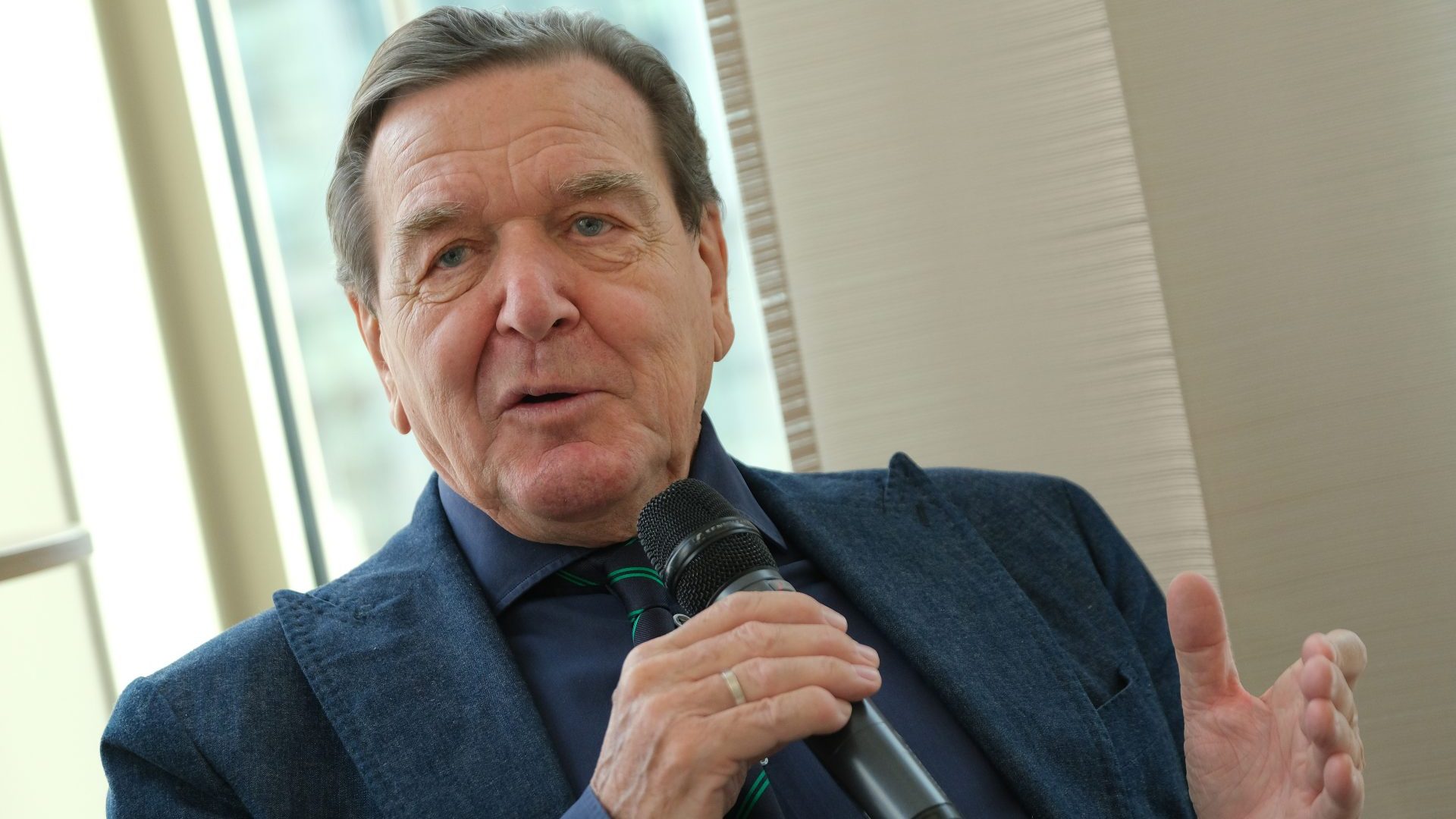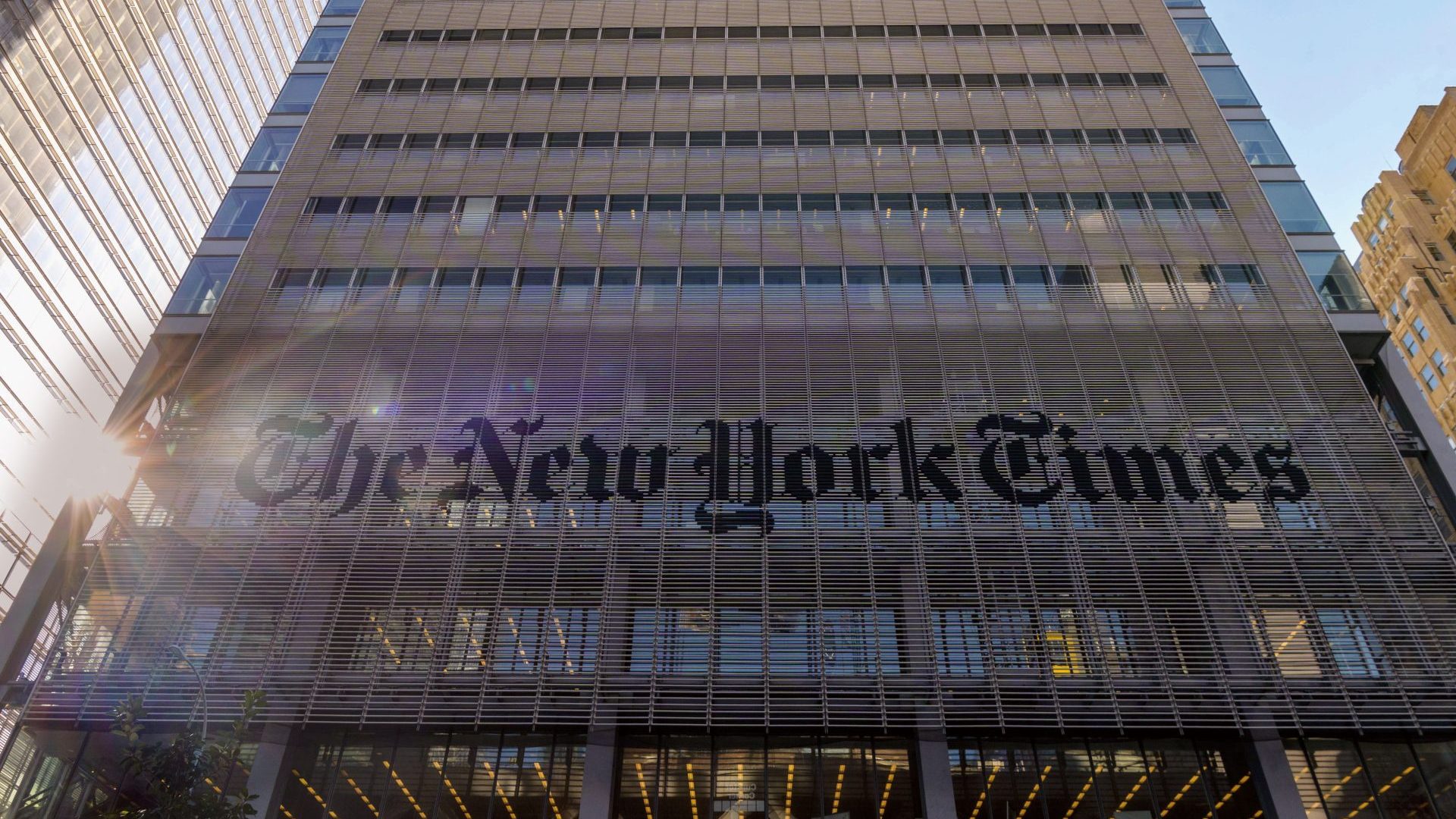While Boris Johnson is very occupied with either denying the present or preventing the future, I watch from across the Channel and think it’s about time to take a look at the fate of political ex-leaders.
We’re in Europe, so it differs from one country to the next. In Italy, prime ministers tend to spend so little time in office you can never be sure they really are “ex”. Chances are, they’ll run again in the next election and bunga on. In France, things are much more straightforward: two out of the last three ex-presidents were prosecuted and found guilty of corruption.
We don’t do knighthoods in Germany, but our former presidents and chancellors benefit from a public duty cost allowance similar to the UK: office staff, rooms, chauffeurs, security, expenses.
The Federal Court of Auditors has already questioned this lifelong arrangement as too generous, citing the case of a former Bundespräsident who spent only 2.7 days a month in his prestigious Berlin office, on average.
Taxpayer associations also criticise the fact that the publicly sponsored staff will, for instance, help to write books and speeches, whose earnings end up in a very private bank account.
All in all the arrangement can be seen as an official gesture of gratitude for former political leaders and state representatives who have given a part of their life to (try and) serve the nation. And who may continue to do so after leaving office. If you ask Gerhard Schröder, that’s exactly what he does – work for peace and stability between Germany and Russia. To others, this ex has become a bit of an embarrassment. To put it politely.
Schröder, the son of a cleaning lady who became a self-made chancellor thanks to hard work, willpower and a virile-velvety voice. And who later sacrificed his political career for a social-welfare reform that helped Germany to face the ensuing crises (but for which he is still despised by his Social Democratic party).
Weeks after leaving office in 2005, Schröder accepted a Gazprom offer for a lucrative post at Nord Stream AG – the controversial pipeline project he had himself helped to bring about as chancellor. Conflict of interest? Nah.
After Russia’s invasion of Ukraine Schröder also joined Rosneft, a mostly state-owned Russian company on various sanction lists. And only last week, the 77-year-old Schröder decided to join the supervisory board of Gazprom from June onwards. This news came shortly after Schröder accused the Ukraine of sabre-rattling towards Russia…
Other former statesmen monetise their political connections via clandestine consulting deals, foundations etc. Schröder never cared much for hiding his affections: to him, Vladimir Putin is not just a friend and a sauna-comrade, he is “ein lupenreiner Demokrat” (a flawless democrat). Schröder never once distanced himself from this quote, least of all from Putin himself. Which leaves Germany with an ex-Kanzler turned Russia lobbyist whose infrastructure is taxpayer-funded.
Calls are getting louder to strip Schröder of his allowance – but I doubt that will happen. Hardly any ruling Social Democrats openly confront their former leader. There is no public uproar, either: we do not have a million-plus people signing an online petition, as in the UK in protest against Tony Blair’s knighthood.
Despite a constant flow of media criticism, Schröder still has many fans (he has lately gone into podcasting). For the vast majority of people, his dealings with Russian energy companies leave a bad taste, but Gerd’s bromance with Vladimir has been going on for too long to shock anyone. Especially because Schröder appears in the glossy magazines and celebrity columns even more often than in the political section: His wife (#5) So-yeon Schröder-Kim has started to promote him, herself and their marriage on Instagram. His previous wife (#4) complains about this new-found happiness on Facebook, while Kim’s ex-husband (#1) sued Schröder for wrecking his marriage and was awarded around €22,000 in damages in South Korea.
Unsurprisingly, the gossip is far more interesting for many people than his dealings with the Russkys. Which is worrying, because Schröder has the network (including former Stasi officers) and the power to influence current political and business decisions regarding Nord Stream.
Pressed to comment on Schröder’s sabre-rattling-remark, German chancellor Olaf Scholz said a few days ago on live TV: “As far as I can tell the Bundesrepublik Deutschland only has one chancellor. And that is me.” True. But when it comes to Russia, there’s no end to trouble with the ex.




